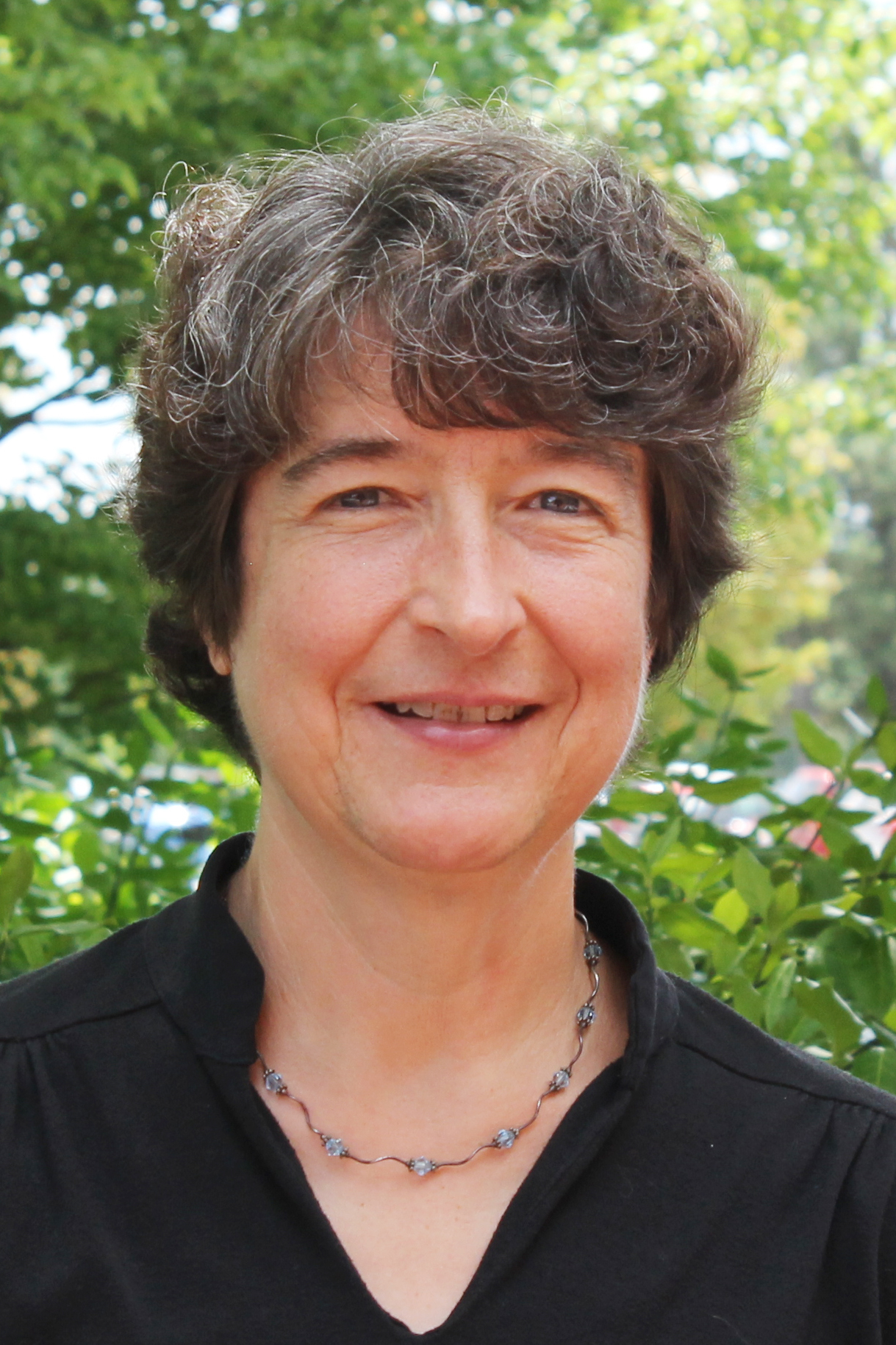Suzanna M. Zick, ND, MPH, professor and co-director of Integrative Family Medicine within the Department of Family Medicine at the University of Michigan, has secured a three-year, $371,749 grant from the American Institute for Cancer Research (AICR) for her project, “Living Well with Lymphoma: Improving Diet Quality to Improve Energy, Sleep and Quality of Life.”
“Persistent fatigue is the most reported chronic symptom in people diagnosed with lymphoma,” Zick said, with as many as 30% to 60% of lymphoma cancer survivors reporting the symptom. “Persistent fatigue may last for years, giving rise to increased levels of depression and anxiety and lower quality of life.”
Zick and her colleagues will evaluate the impact and potential cellular mechanisms of being on a specially designed fatigue reduction diet (FRD) -- which is rich in fruit, vegetables, whole grains, and omega-3 fatty acid -- for three months on fatigue, and associated symptoms in persistently fatigued adult lymphoma cancer survivors. They will compare the impact to an attention control group that has access to general health curriculum.
The team hypothesizes that the FRD will lead to the reduction of systemic inflammatory biomarkers and the improvement of persistent cancer-related fatigue. They also anticipate that the FRD will be sustainable for 12 months after the end of the intervention.
“We want to establish evidence-based, self-intervention strategies that can help lymphoma survivors alleviate fatigue,” Zick added. “This study coincides with the mission of the AICR, which is to support cancer prevention and survival through diet, weight and physical activity. This is critical work and we are pleased to receive this support.”
This new project will build on previous research led by Zick exploring the relationship between FRD in breast cancer survivors that found improvements in fatigue and sleep quality after following the diet for three months compared to those breast cancer survivors who received the general health curriculum
ALSO READ: Zick explains a new evaluation of popular diets for cancer patients and survivors



